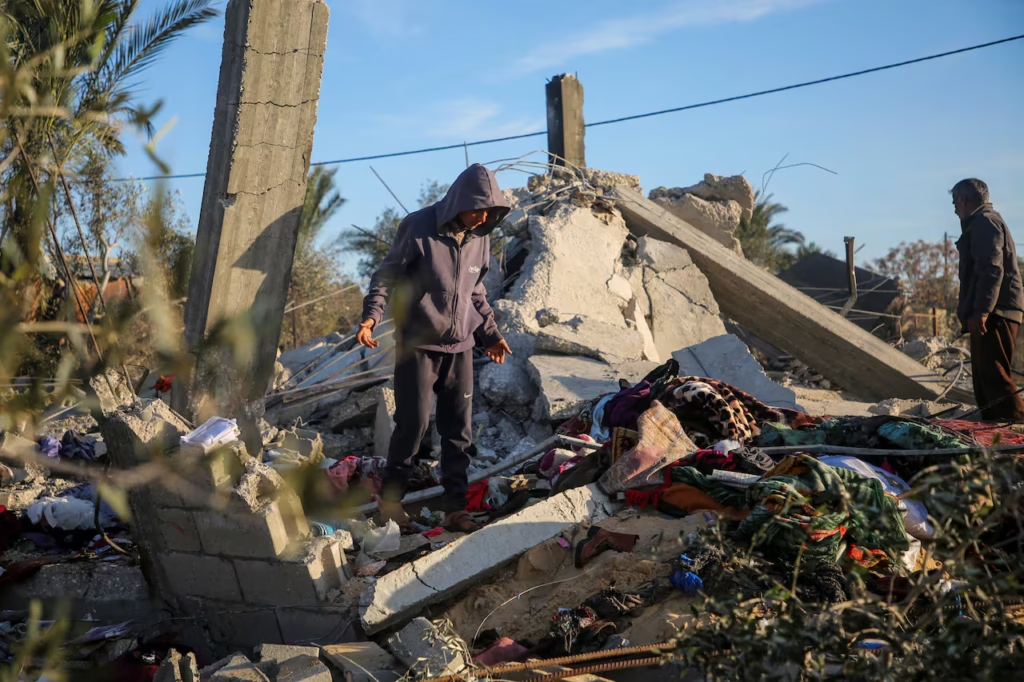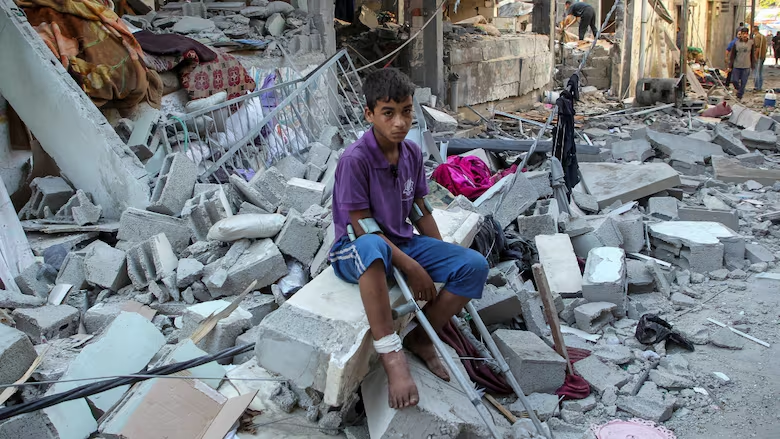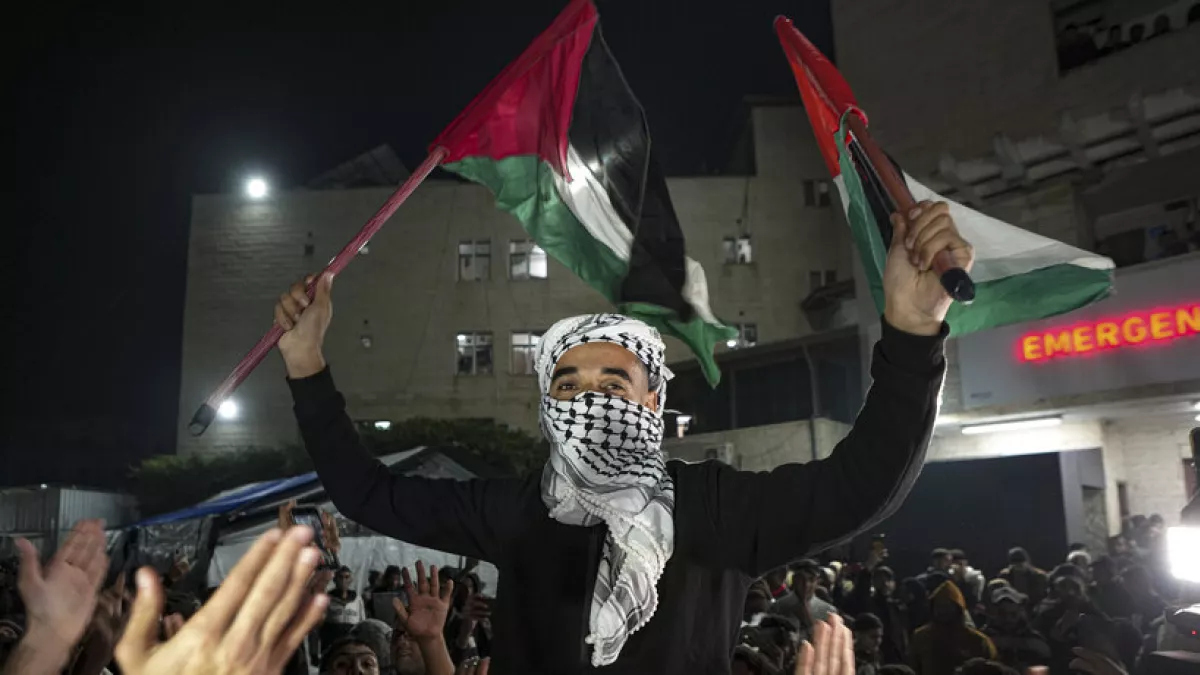On January 15, 2025, Israel and Hamas reached a significant ceasefire agreement, effectively ending 15 months of intense conflict in Gaza. The deal, brokered with the assistance of Qatar, includes provisions for the release of Israeli hostages and Palestinian prisoners, a phased withdrawal of Israeli military forces from key areas in Gaza, and plans for the region’s reconstruction under international supervision.
Key Components of the Ceasefire Agreement:
- Hostage Exchanges: The agreement outlines a phased release of hostages, with the first phase set to free 33 individuals over seven weeks, followed by the release of the remaining hostages in subsequent phases. The Times & The Sunday Times
- Israeli Military Withdrawal: Israeli forces are scheduled to withdraw from strategic locations within Gaza, a move that is expected to significantly alter the security dynamics in the region. New York Post
- Reconstruction Efforts: Plans are in place for the reconstruction of Gaza, focusing on rebuilding infrastructure and providing humanitarian aid to the affected population. The Times & The Sunday Times

The Israeli-Palestinian conflict has a complex history, with roots tracing back to the early 20th century. Tensions escalated following the establishment of the State of Israel in 1948, leading to multiple wars and ongoing disputes over territory, governance, and mutual recognition.
Current Developments:
The recent ceasefire marks a pivotal moment in the conflict, offering a potential pathway toward lasting peace. However, challenges remain, including the need for sustained international support, addressing humanitarian concerns, and navigating the political complexities within both Israeli and Palestinian leadership.

Future Outlook:
While the ceasefire provides a foundation for peace, the future of Israeli-Palestinian relations will depend on the successful implementation of the agreement’s terms, continued diplomatic engagement, and the commitment of all parties to a peaceful resolution. The international community’s role in facilitating dialogue and supporting reconstruction efforts will be crucial in shaping the region’s future.




